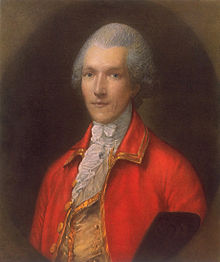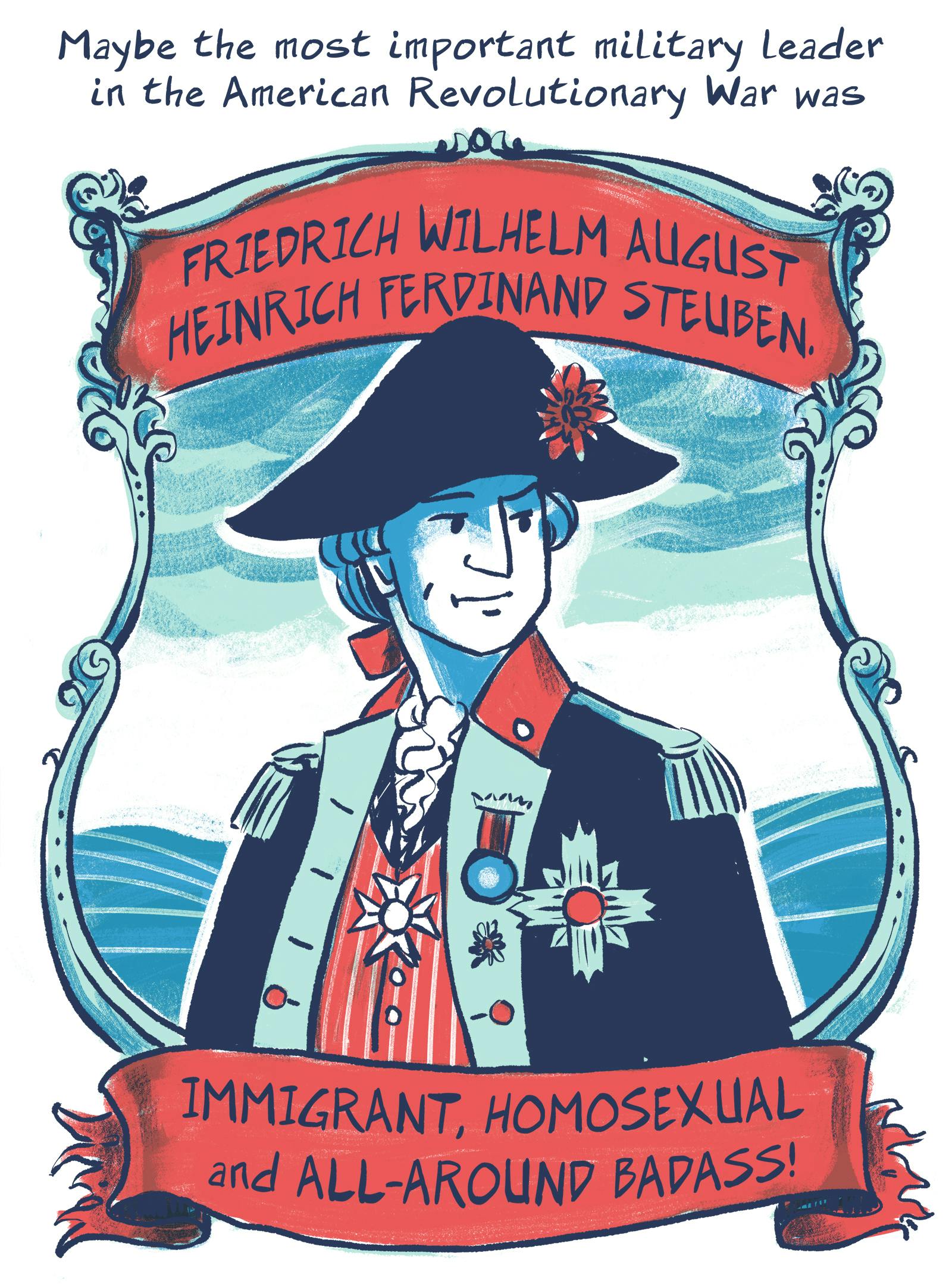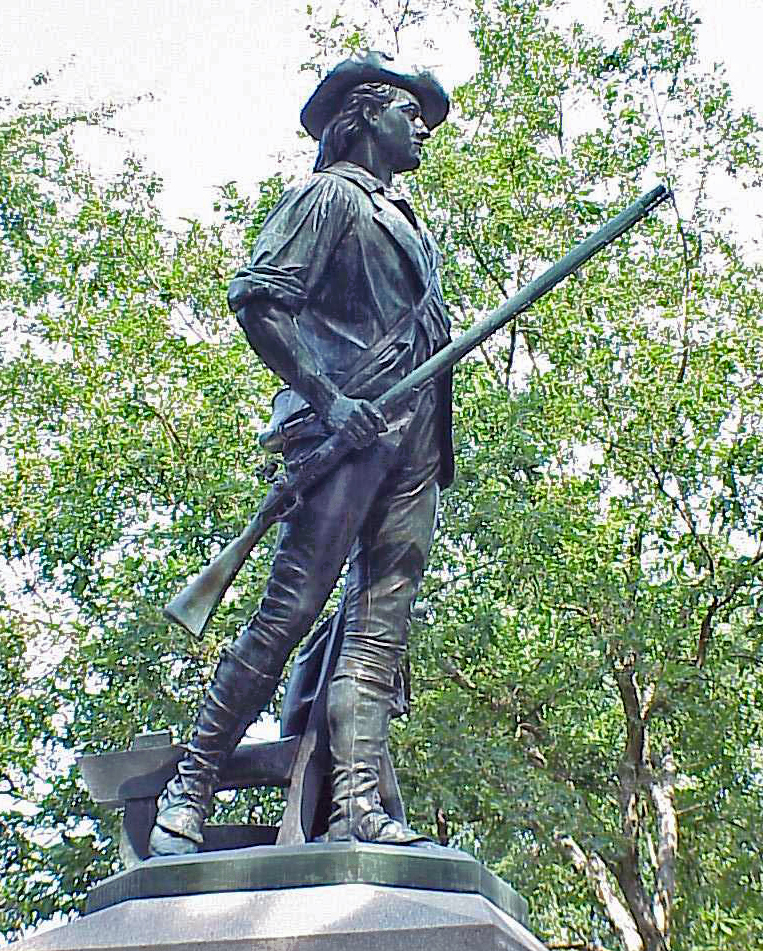John Sawbridge, M.P.
Sawbridge first tried to run for Parliament in 1763, but bowed out when a more prominent Kentish gentleman wanted the seat. Reportedly, Tories tried to keep him in the race in hopes he’d split the Whig vote—the first time he had to deal with the rough and tumble of genteel Georgian politics.
Five years later, Sawbridge entered Parliament as a member for the town of Hythe, succeeding Lord George Sackville (Germain). At first he appeared to be one of the Duke of Grafton’s men, but he started to push Wilkes’s cause. As a result, Lord Grafton dropped Sawbridge, but the city of London adopted him, making him a sheriff and an alderman.
Then came the split with Wilkes. In 1771 Sawbridge was up for the post of Lord Mayor of London, but Wilkes threw his weight behind the incumbent instead. That year, the ministry’s preferred candidate won the office—Wilkes and Sawbridge had split the Whig vote.
Wilkes became increasingly vituperative, saying that “in politics [Sawbridge], poor man,…[could] see no farther than his nose.” Sawbridge had a big nose, but the cross-eyed Wilkes was hardly the one to criticize someone else’s vision. When that didn’t work, Wilkes complained that Sawbridge was a “proud Colossus of pretended public virtue.”
In response, Sawbridge kept talking about the importance of remaining politically independent of parties and, more radically, serving the people by voting the way they wanted. Most politicians preferred the approach Edmund Burke argued for, voting the way that you knew was best for them.
In the spring of 1774 Sawbridge and Wilkes reconciled. Sawbridge bowed out of the race for Lord Mayor in favor of Wilkes, who promised support in the fall’s parliamentary election. Sawbridge lost his seat in Hythe but won one in London. The next year, he also succeeded Wilkes as Lord Mayor.
Both men opposed Lord North’s policy toward the American colonies, but they were part of a small minority in Parliament. Over the next few years, Sawbridge allied with the Marquess of Rockingham and the Earls of Shelburne and Chatham rather than the more radical opposition. As Charles James Fox rose to lead the Whigs in the House of Commons, Sawbridge deferred to him.
In 1780, Sawbridge supported the Roman Catholic Relief Act. That proved to be wildly unpopular; the Gordon Riots paralyzed the city. Sawbridge lost support among Londoners, apologized humbly for taking a position that they didn’t like, and still came in fifth in a race for four seats.
However, one of the four frontrunners, John Kirkman, died on the day the polls closed. There was a special by-election, and this time Sawbridge won with no contest.
Four years later, the new prime minister, William Pitt, spent £2,000 supporting his own candidate in London. His party called Sawbridge a “republican” and “an avowed enemy to the constitution, to monarchy.” It didn’t help that Sawbridge’s older sister was the celebrated republican historian (and now married widow) Catharine Macaulay Graham.
Sawbridge insisted he wanted only reform in the Commons and protection for “the Rights of the People.” He pulled out a win in 1784 by only nine votes. He promptly resumed pushing for parliamentary reforms, which still went nowhere.
In 1790, Sawbridge sought reelection mainly for old times’ sake, even asking for the privilege to die in political service to the city of London. Voters chose him overwhelmingly. But then he suffered a stroke, so while he remained an M.P. until his death he was at least partially paralyzed.
Though contemporaries and historians agree that John Sawbridge was an ambitious man, he also stuck to his principles, which were ahead of his time.









